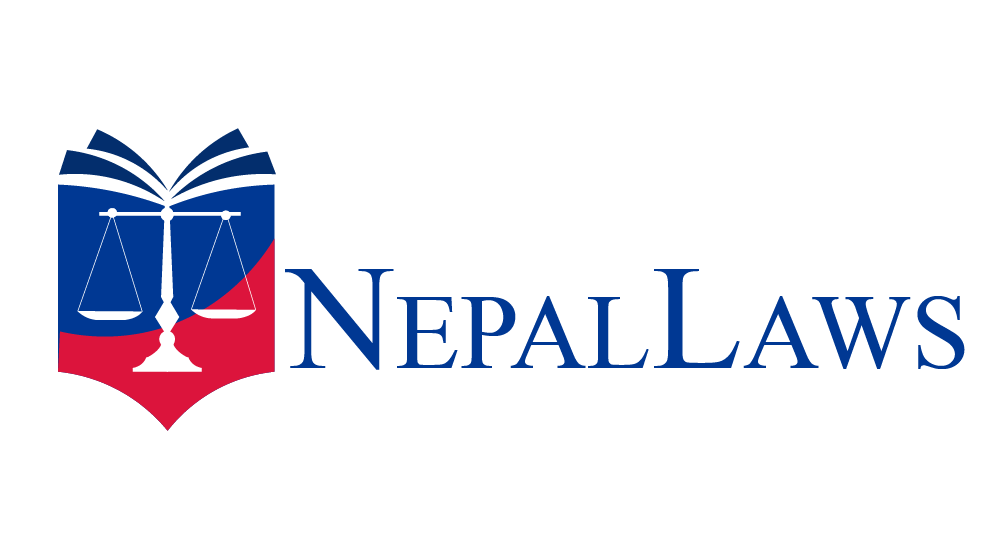Corporate governance in Nepal is the framework through which companies are directed, controlled, and held accountable.
It involves ensuring transparency, accountability, and integrity, fostering stakeholder trust, and creating a solid foundation for economic growth.
In Nepal, the Companies Act 2063 plays a pivotal role in shaping corporate governance, providing legal provisions for company formation, management, financial transparency, and shareholder protection.
This article examines the corporate governance framework in Nepal, as outlined in the Companies Act 2063, and compares it with international standards, highlighting the reforms needed to enhance governance practices in the country.
Historical Development of Modern Corporate Governance in Nepal
Nepal’s journey to establishing modern corporate governance began with the enactment of the Companies Act 2063, which replaced the outdated Companies Act 2053.
The new Act was crafted to encourage business growth by promoting transparency, enhancing accountability, and facilitating the incorporation, management, and dissolution of companies.
The Companies Act 2063 marked a significant reform, aligning with global best practices while catering to the unique needs of the Nepalese economy.
It laid the foundation for legal reforms aimed at enhancing investor confidence, improving business operations, and establishing a transparent framework that adapts to the evolving global landscape of corporate governance.
Theories of Corporate Governance in Nepal
There are seven major theories, which are described below:
This theory views managers as agents of shareholders, with the responsibility to act in the shareholders’ best interests, avoiding self-interest and opportunistic behaviour.
It emphasises that the company belongs to shareholders, and directors should focus on maximising shareholder wealth while exercising care and avoiding conflicts of interest.
Unlike shareholder theory, this theory broadens managers’ responsibilities to consider the interests of all parties affected by the company’s operations, including employees, customers, suppliers, and the broader community.
This theory views managers as caretakers of the company, entrusted with safeguarding its resources and acting in the company’s best interests, rather than for personal gain.
It focuses on the board of directors’ role in securing essential resources for the company, emphasising their external connections and influence.
This theory views corporate governance as a political process in which managers gain shareholder support to secure decisions in their favour.
It suggests that managers should minimise transaction costs and avoid personal interests in business dealings, with mechanisms such as independent audits to ensure transparency and proper decision-making.
Each theory offers a distinct perspective on understanding corporate governance in Nepal, striking a balance between the interests of various stakeholders and promoting effective decision-making.
Key Components of Corporate Governance
Effective corporate governance in Nepal includes several key elements:
Board of Directors (BODs)
The board of directors plays a central role in corporate governance in Nepal.
It typically includes both executive and non-executive directors, as outlined in the Companies Act.
Directors are responsible for making strategic decisions, ensuring legal compliance, and maintaining accountability and transparency.
Their independence is crucial for fostering trust, ethical conduct, and long-term company growth.
By effectively managing corporate affairs, the board enhances the company’s reputation, fostering a transparent and stable environment that benefits all stakeholders.
Shareholder Rights
Shareholder rights are vital in ensuring transparency and accountability within a company.
In Nepal, shareholders exercise their influence through voting rights, thereby guiding company decisions.
Protecting these rights boosts investor confidence, attracts capital, and supports sustainable business practices.
A well-established system of shareholder rights ensures fairness and promotes efficient decision-making, both of which are essential to the company’s growth and long-term success.

Principles and Elements of Corporate Governance in Nepal
- Transparency and Disclosure – Ensuring that accurate and timely information is provided to stakeholders, promoting openness in company operations.
- Accountability – Holding management and the board responsible for their actions and decisions, ensuring they act in the company’s best interests.
- Independence – Ensuring that the board, especially non-executive directors, operates without undue influence, allowing for unbiased decision-making.
- Fairness and Responsibility – Treating all stakeholders equitably and ensuring that decisions are made with a sense of responsibility toward the company and its community.
Comparative Analysis: Nepal Vs. Global Standards
Corporate governance in Nepal’s framework aligns with several international best practices but still has room for improvement.
- Independent Directors - Nepal requires one independent director, which is a positive first step, but could be expanded to include a larger percentage of independent directors, as seen in the UK and US frameworks.
- Shareholder Protection - Nepal’s legal provisions for minority shareholder protection, such as derivative actions and remedies for oppression, mirror practices in India and the UK.
- Financial Reporting - Nepal’s adherence to IFRS aligns with global standards, ensuring that companies maintain transparent and reliable financial records.
However, Nepal could further enhance its framework by strengthening director education programs, incorporating ESG (Environmental, Social, and Governance) factors into the governance structure, and improving regulatory enforcement.
Importance of Corporate Governance
Corporate Governance in Nepal is important for improving the corporate sector.
Here is the major importance:
- Improves Capital Flow and Economic Growth – Good corporate governance enhances transparency and stability, encouraging increased capital flow and contributing to overall economic development.
- Safeguards Shareholder Interests – By implementing robust risk management strategies and considering exit plans, effective governance protects shareholders and builds investor confidence.
- Attracts Domestic and Foreign Investments – Strong corporate governance practices create an environment of trust, which is key to attracting both local and international investors.
- Reduces Corporate Scandals – Effective governance systems help prevent financial misconduct, fostering ethical business practices and protecting stakeholder interests.
- Prevents Concentration of Power – By ensuring checks and balances, corporate governance prevents any single individual from holding excessive influence over the company, promoting more balanced decision-making.
Key Challenges and Areas for Reform
Nepal’s corporate governance framework faces several challenges:
- Weak Enforcement Mechanisms - Limited regulatory capacity and judicial delays can undermine the effectiveness of governance regulations.
- Family-Owned Business Dominance - The concentration of ownership in family-run businesses can undermine the rights of minority shareholders and create governance challenges.
- Limited Awareness and Capacity - Many private companies lack awareness of the benefits of robust corporate governance, which hinders full implementation.
- Regulatory Fragmentation - The presence of multiple regulatory bodies with overlapping jurisdictions creates confusion and administrative burdens.
To address these challenges, Nepal must focus on strengthening enforcement, promoting director training, enhancing transparency, and improving inter-agency coordination.
Conclusion
Nepal’s corporate governance framework, as outlined in the Companies Act 2063, provides an essential legal foundation.
Realising the promise of good governance requires moving beyond legal compliance to embrace governance as an integral part of business excellence.
This transformation will not occur overnight, but it requires sustained commitment, incremental progress, learning from international experiences, adaptation to the Nepali context, and recognition that corporate governance is not a regulatory burden but a foundation for sustainable prosperity.
With concerted effort from all stakeholders, Nepal can build a corporate governance regime that meets international standards, attracts investment, protects stakeholders, and supports the nation’s economic development aspirations.





